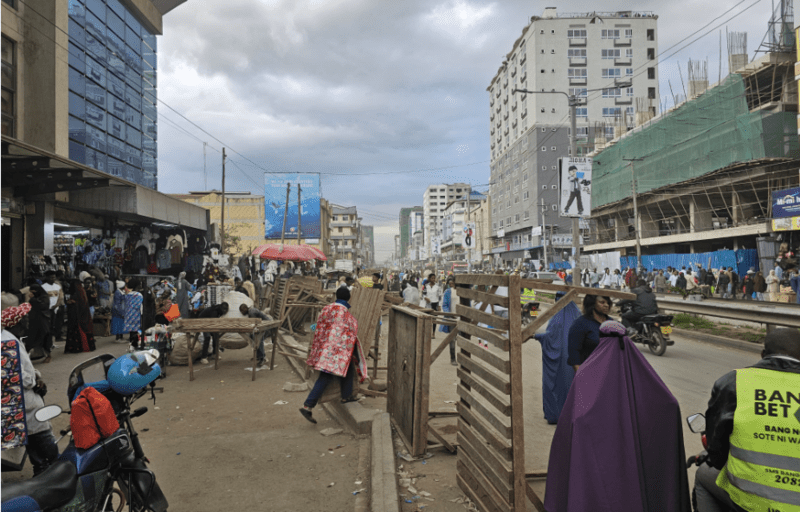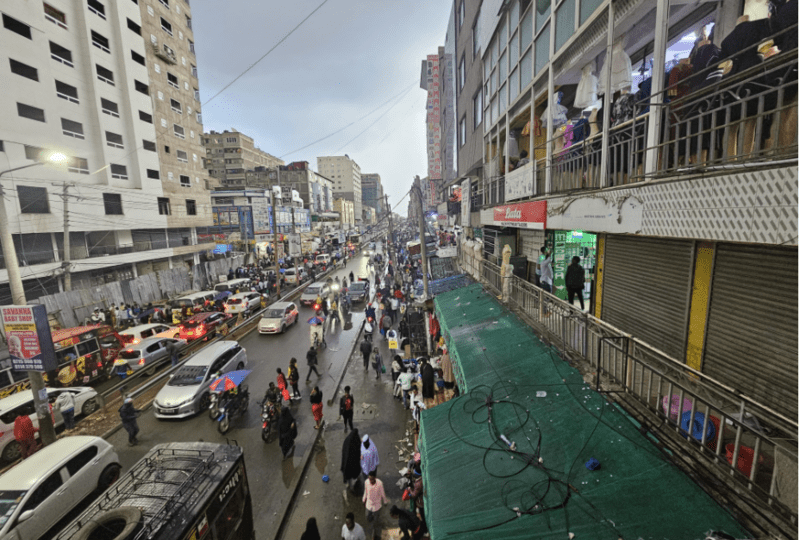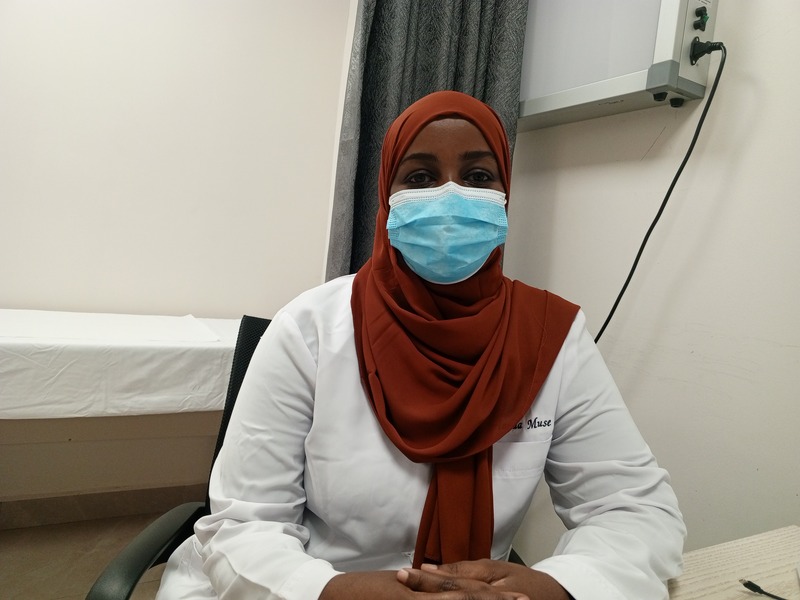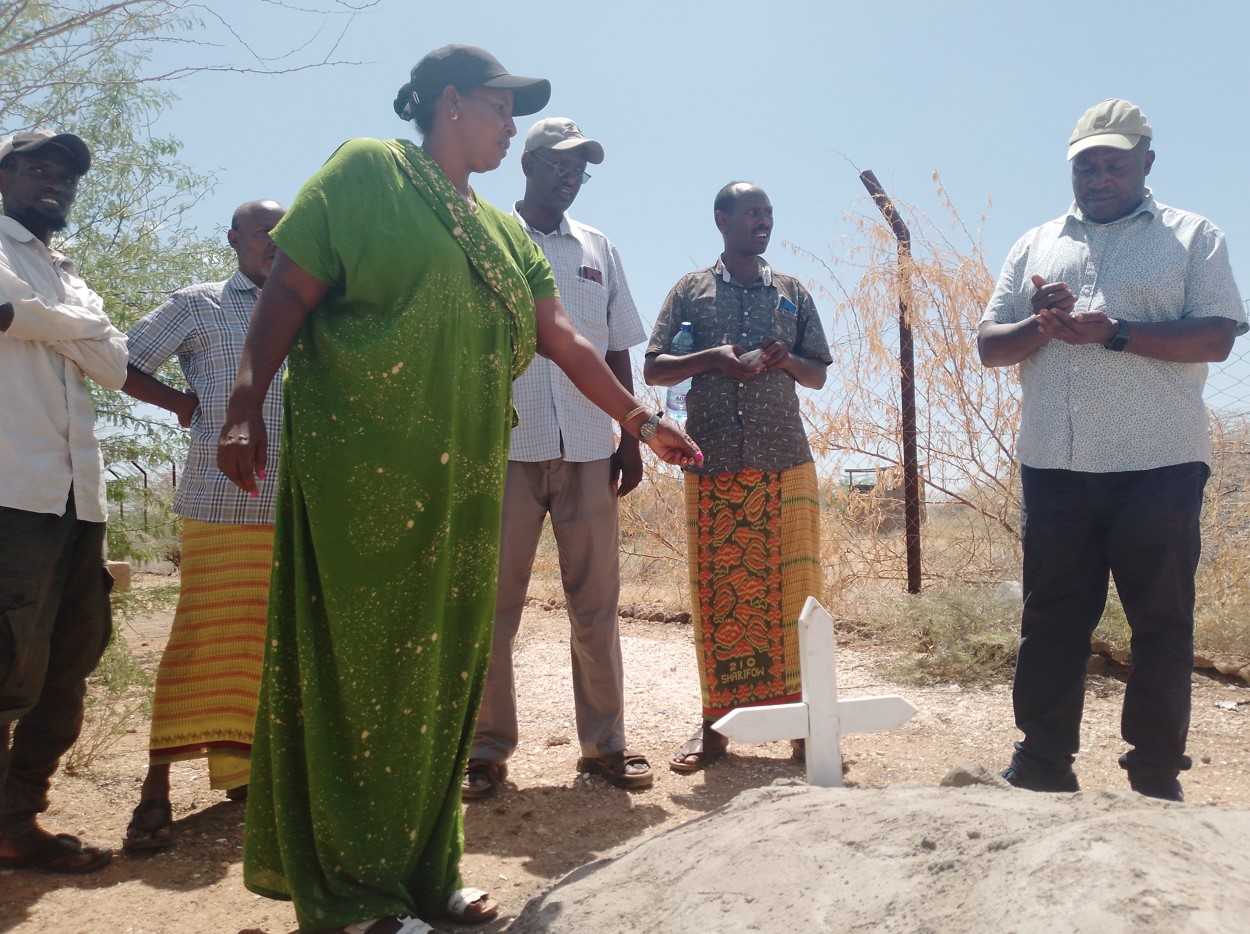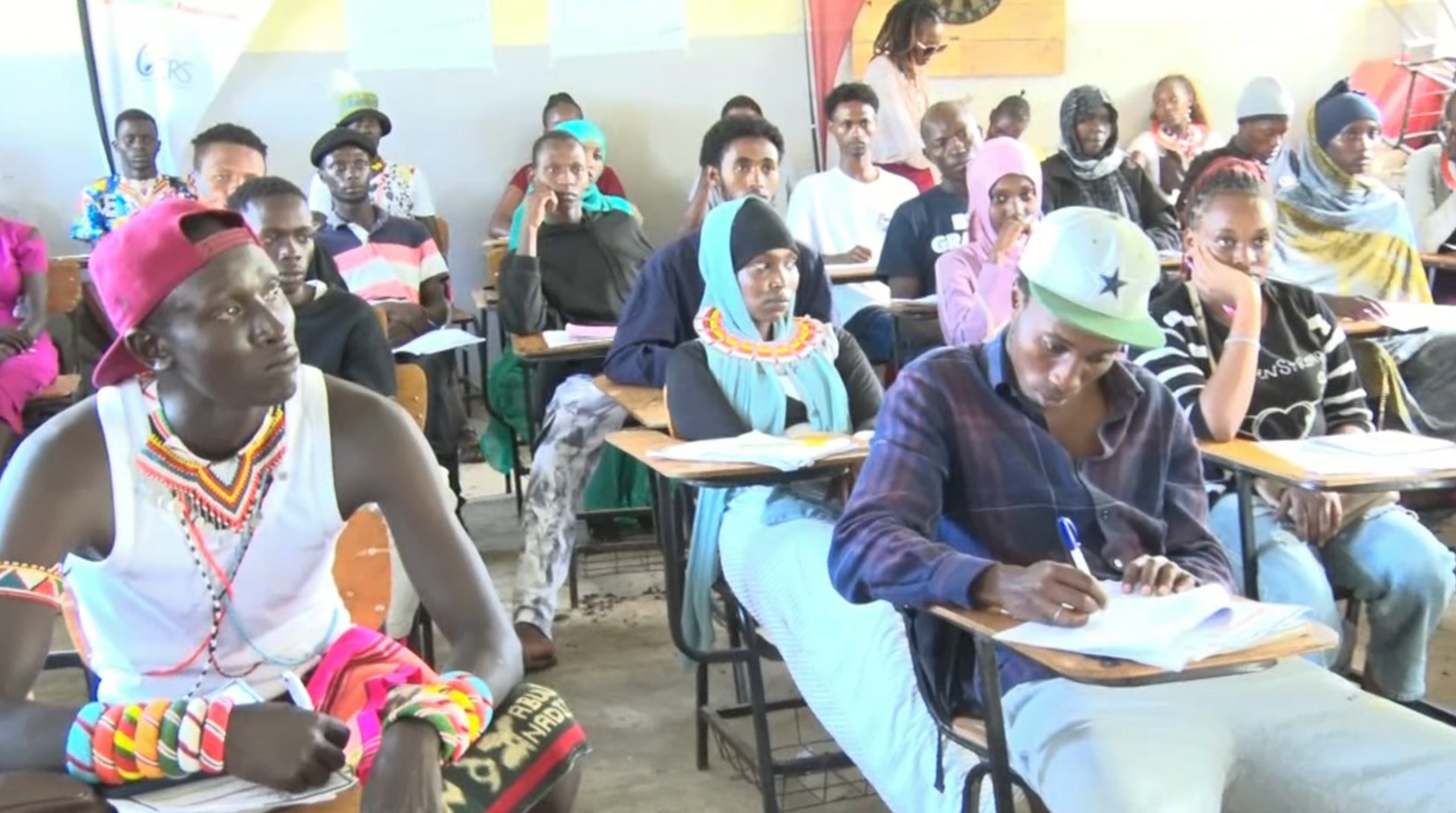Over 200 in hospital as red eye disease spreads in Mombasa
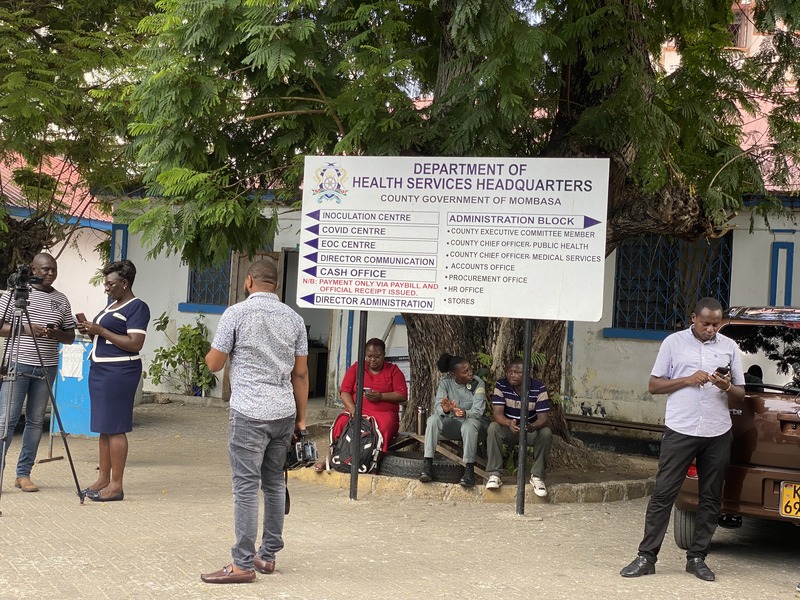
Signs of the infection include red and swollen eyes and yellowish discharge from the eyes.
More than 200 Mombasa residents are receiving treatment for conjunctivitis disease, the County Department of Health has said.
The infection commonly referred to as red eye is caused by viruses, allergens and bacteria. It is contagious and can spread through physical contact with an infected person or surface, and through the air when an infected person coughs or sneezes.
Related Stories
The county has urged residents who exhibit the symptoms to present themselves to the nearest health facilities.
County Director of Public Health and Disease Prevention, Salma Swaleh, said the residents were warned against using home remedies to treat the disease.
“There has been an increase in cases of infections. Many cases have been reported in schools and Madrasas. Our message to the people of Mombasa is if you see your child exhibiting any of the symptoms, please do not allow them to go to school or Madrasa,” said Swaleh.
“If you see your child with a red eye, itchiness or discharge from the eyes, let them remain at home. The infection is spreading fast through contact," she added.
By Wednesday, 80 patients had presented themselves for treatment at the Coast General Teaching and Referral Hospital.
Some 36 patients have visited PortReitz Sub-County Hospital while 33 have gone to Likoni Sub-County Hospital in the past two weeks.
 Mombasa County Director for Public Health and Disease Prevention, Salma Swaleh, during a press briefing on January 25, 2024. (Photo: Khadija Abdi)
Mombasa County Director for Public Health and Disease Prevention, Salma Swaleh, during a press briefing on January 25, 2024. (Photo: Khadija Abdi)According to County Ophthalmologist Nadya Mustafa, there are many causes of conjunctivitis but at the moment, they are dealing with viral conjunctivitis.
“It is a highly contagious virus. A person gets infected the moment they come into contact with the virus. It takes two to four days for someone who is infected to start exhibiting the symptoms of the disease. We should exercise proper hygiene to keep the virus at bay. The virus remains active on surfaces for almost a month,” said Mustafa.
She said the signs of the infection include redness, swlling, persistent pain and a yellowish discharg.
“People should avoid sharing personal items such as make-up, contact lenses or even bedsheets, pillows, and towels,” said Mustafa.
The doctor further explained that conjunctivitis is a self-limiting infection, meaning patients recover without taking medicine and it can be spontaneously resolved.
“Distributing drugs is not safe and not all patients will require certain drugs - some will require antibiotics while others will not. We all have varying degrees of immunity so what will work for one person might not work for another," she said.
Patients were advised to use cold or warm compresses like towels to soothe itchy eyes.
"Avoid the salty water and tea that people are using as remedies,” Mustafa said, further called for public establishments to provide hand sanitisers to curb the spread of the disease.
“We must ensure hand hygiene becomes a priority. The use of sanitiser is a must. Clean your hands whenever you shake somebody else's," she said.
The county has issued circulars to schools and sent public health officers to educate learners on the importance of hand hygiene as a prevention method.
Top Topics This Week
Finance Bill 2024
kenya finance bill
Finance Bill
Floods in Kenya
Mathare
Nairobi River
Mathare flood victims
Govenor Sakaja
unplanned developments
Isiolo County
vocational courses
scholarships
Eastleigh
Eastleigh Business District Association
Hawkers
Yusuf Haji Avenue
KMPDU
Mombasa County Assembly
Collective Bargaining Agreement (
Kenyan President William Ruto
Trending

Garissa set to host Northern Frontier's first industrial park as state releases funding
Barack Oduor
|
3 days ago

Learners report back to school across the country after floods delay
Eastleigh Voice Team
|
3 days ago

Floods bring blessing for youth harvesting metals from Nairobi River for resale
Abdirahman Khalif
|
1 week ago

Mombasa and Embu counties agree to regulate sale of muguka and miraa to minors
Farhiya Hussein
|
1 day ago
EGYPT-UN-PALESTINIAN-ISRAEL-CONFLICT-BORDER-AID
Dennis Tarus
|
6 months ago
Latest Stories
Middle East
|
Reuters
|
12 minutes ago
Football
|
Michael Kirwa
|
24 minutes ago
Health
|
Charity Kilei
|
2 hours ago

